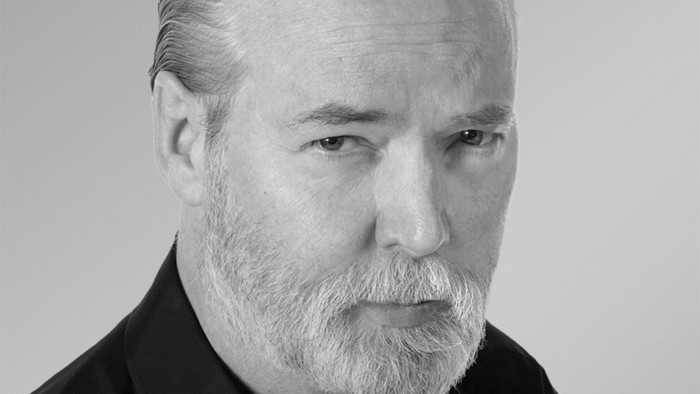Observations: Grad

Simply sign up to the Life & Arts myFT Digest -- delivered directly to your inbox.
When you think about it, governments everywhere are very cruel to put you in a room with a group of your calendrical birth cohorts, and keep you together for a dozen years and then, one magic June day, wave a wand and say, “There, you’ve graduated — now all of you fly away into the winds, never again to be together as you were all these years!”
Except they forgot to mention reunions.
Europeans don’t really have school reunions, which strikes me as odd. If the subject comes up, they always ask me: why would one bother? Why? It depends on which reunion it is. At the 10-year reunion, everyone wants to try like crazy to look successful, adult and rich. It’s the reunion where someone shows up in a helicopter. Everybody gets hammered, everyone lies about how happy they are, a few people hook up and then you wake up with a hangover and anxiety about how much you lied about yourself the night before.
At the 20-year reunion, your former classmates are all a bit more realistic about how things are going for them, and by then you’re in your late thirties, which are your best years, so the evening is a generally nice experience. Bonus: you also get to see who’s going to age better than others, and you can see the pounds starting to accumulate on people you didn’t think were going to pack on the pounds.
At the 30-year reunion, everyone’s starting to look olllllllllld, and one senses the presence of a conveyor belt one room over, one that’s waiting to whisk everybody off to the grave. But the nice thing is that everyone is still themselves. People’s auras don’t change. Annoying people still annoy. The clueless remain clueless. Nice people are nice and there are a few people who seem kind of . . . medsy, and the medsy people tend not to be at the 35-year reunion.
I went to that one, and it was basically people saying, “I drove here from work, and this is who I am. Just deal with it. Where’s the booze?” Also, by the 35th reunion, life’s actuarial dimensions have really kicked in. Who’s died? How did they die? Who’s next? That June graduation speech that freed you all from each other so many decades ago seems like a mixed blessing. Maybe I should have tried harder to stay in touch with people. Maybe I should have continued going to the gym this year. But the sweet girls will always be sweet, and the dicks will always be dicks, and people just don’t seem to change.
. . .
Since my hair went white, making me prematurely wise, I’ve been invited to do commencement speeches at several universities. The thing about university graduation speeches is that nobody ever remembers them. I don’t remember mine. Why would I? All I was thinking about was whatever was going to happen afterwards. As a convocator, knowing that my speech won’t be remembered by its intended audience gives me a certain kind of speechwriting freedom — I can say anything and it passes through a collective sieve. It’s great! Of course, the parents in the audience will actually be listening to my speech, but I think they basically want to hear something, anything, that makes them not feel like having a stroke when they think of the money that went into getting the kids up on to the stage to collect their diploma. As long as you make it sound like you’re reading from the King James Bible, you could read plot summaries from House of Cards and those parents will feel soothed.
The thing about university grad ceremonies is that they can drag on for a long time, and all those people in robes behind the main podium are spending two hours simultaneously composing grocery lists while they wistfully wonder if they ever looked so young. Or so hot. Or so naive about this nasty thing called the Real World that is soon going to come down on these youngsters and crush them like bugs.
As speech-giver, I get to sit at stage level as everyone comes to get diplomatised, and thus I get to see the young faces up close. They’re usually so adrenalised I don’t think they’ll even remember that moment, let alone my speech. At the University of British Columbia, after what felt like 10,000 students had received their diploma, it was my turn to speak and I ad-libbed at the start, saying, “Graduates of UBC, I have some very important words to say to all of you now, and these words are especially intended for the women of this graduating class.”
Silence.
What will Doug say?
“The message is this: all of you have totally kickass footwear! I’ve spent the past two hours looking at shoes, and you people have by far the best shoes of any school I’ve ever addressed, so give yourselves a round of applause!”
[Students go crazy; parents are unamused; nobody remembers what followed. Win-win-win.]
Douglas Coupland is artist in residence at the Google Cultural Institute in Paris. He also has works in the exhibition ‘Electronic Superhighway’ at the Whitechapel Gallery, London
Instagram: @douglascoupland
Twitter: @dougcoupland
Comments